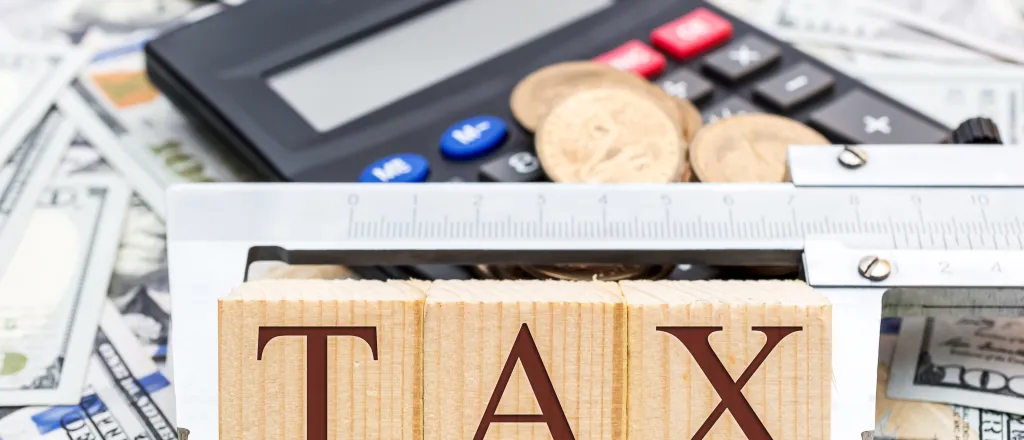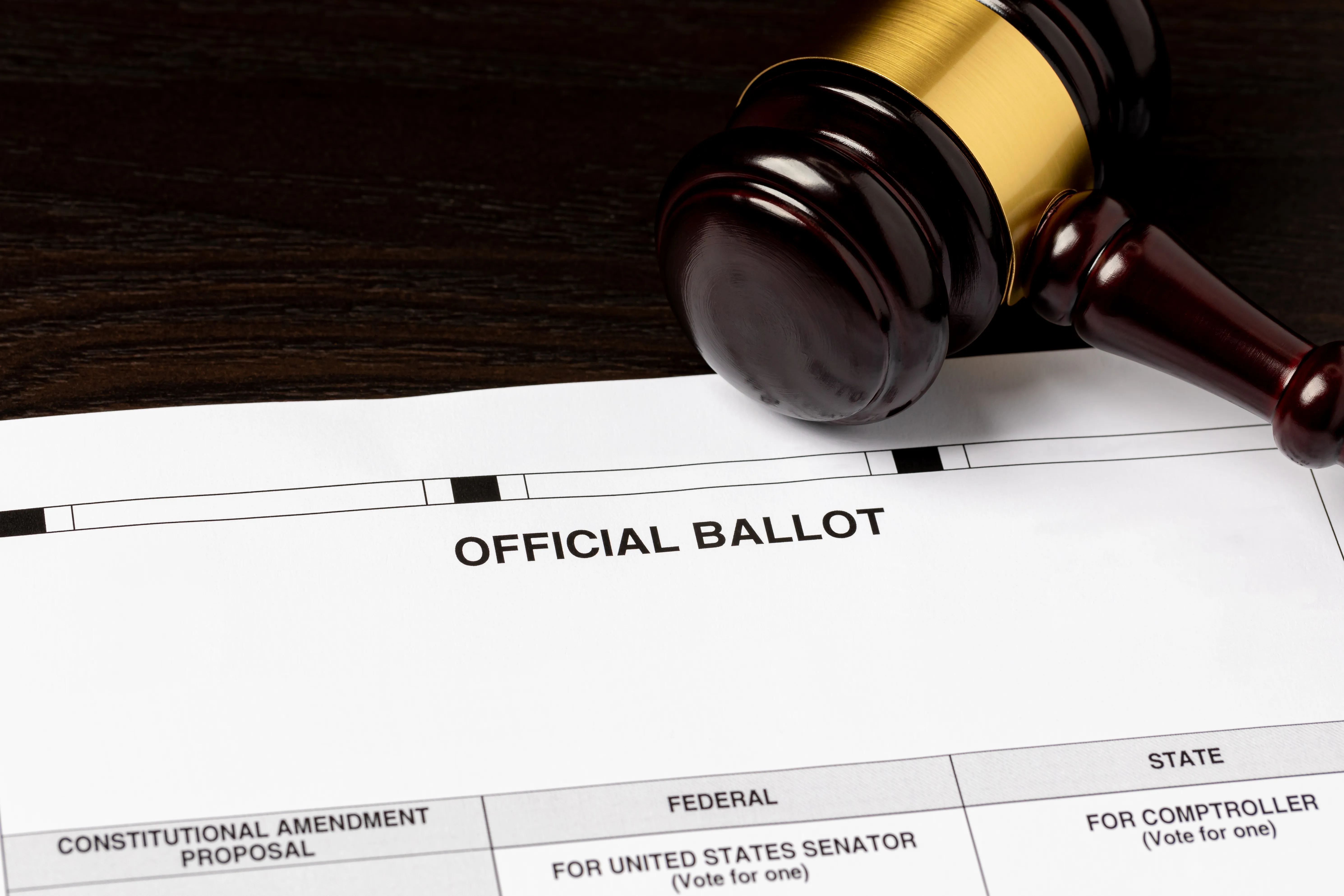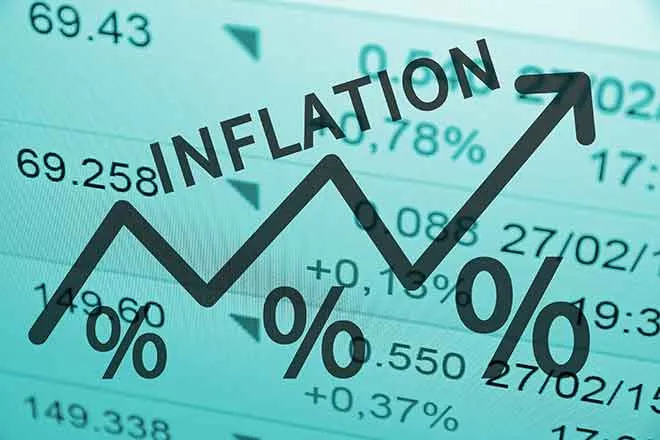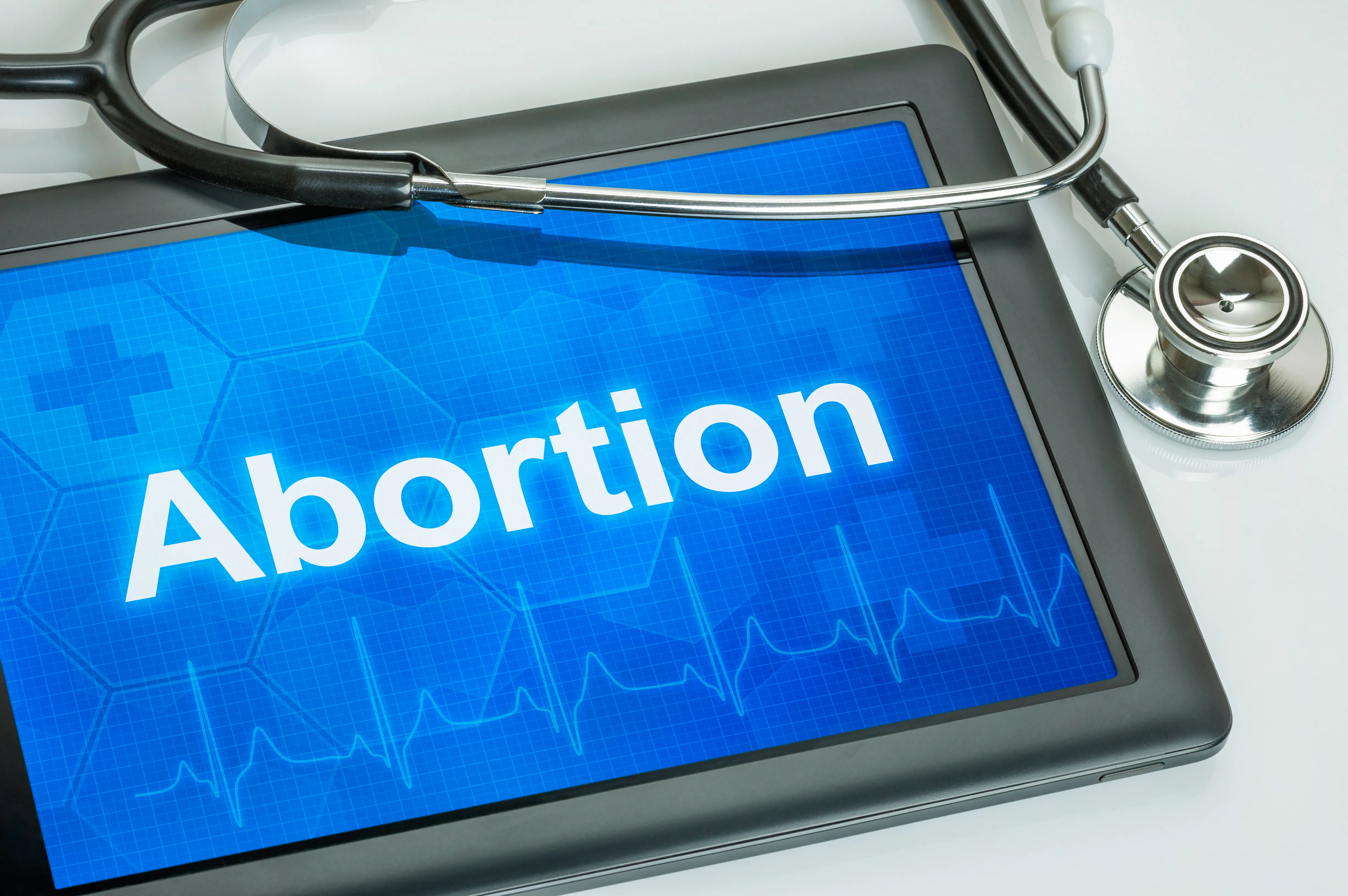
Utah governor signs income tax reduction bill
© iStock - Ligorko
(The Center Square) – Utah Governor Spencer Cox signed a bill Friday that reduces the state’s income tax rate from 4.95 percent to 4.85 percent.
Senate Bill 59 includes Social Security tax cuts and implements an earned income tax credit for low-to-moderate income residents.
The bill unanimously passed the Senate Thursday.
“As a freshman legislator nine years ago, I supported an earned income tax credit to benefit low-and-moderate income Utahans,” Cox said in a statement. “Every year since I have worked to get the EITC signed into law. I could not be more excited to finally get this piece of legislation across the finish line.”
The bill will give more than 1.16 million Utah tax filers an average savings of $129 in 2022, according to the bill's fiscal note.
The Social Security income tax credit will give more than 71,000 residents an average savings of $210, and the earned income tax credit would give more than 81,000 residents a tax break of $194 in 2022, according to the fiscal note.
The tax cut would save taxpayers more than $190 million, according to information from the Utah House Majority.
“All together, these tax cuts will return hard-earned money to Utah families and alleviate current inflationary pressures,” Cox said. “These tax cuts are a tremendous win for Utah families and seniors."
Rep. Rosemary Lesser, D-Ogden, proposed a substitute bill that would have removed the sales tax on groceries, which failed to pass the House earlier this week.
Cox included a $160 million grocery tax income rebate in his budget proposal, but it has not been discussed in the Legislature. Lesser and Rep. Judy Weeks Rohner, R-West Valley City, have advocated for the total elimination of the food tax.
The state has the money for the tax cuts, said Sen. Daniel McCay, R-Riverton, the prime sponsor of the bill during a recent hearing of the Senate Revenue and Taxation Committee.
"If you look at our rainy day funds, our rainy day funds are nearly full, and we're in a position now where we can take some of that money and return it to the taxpayers," he said.
















